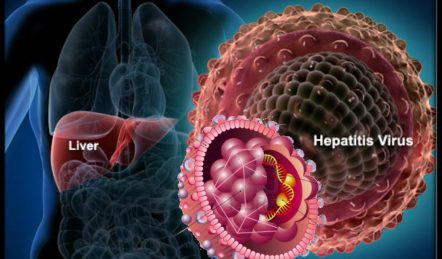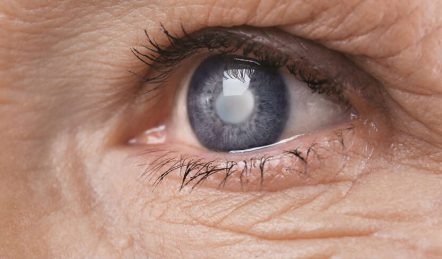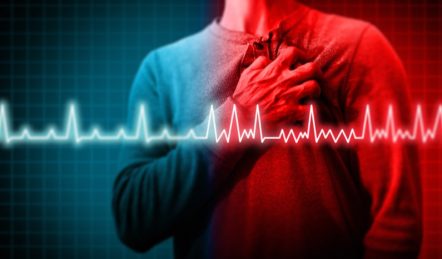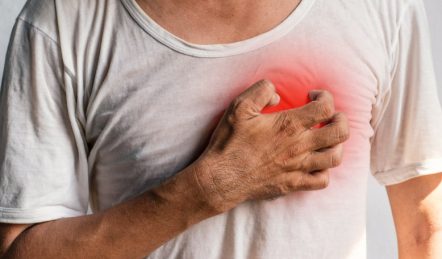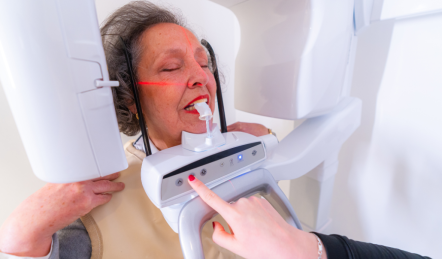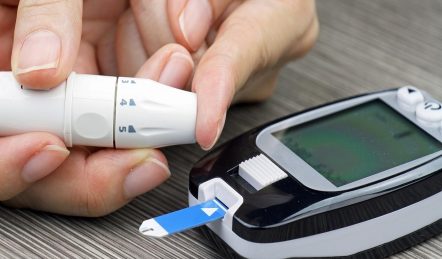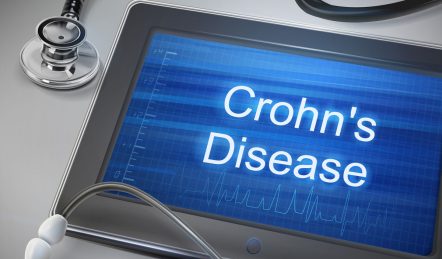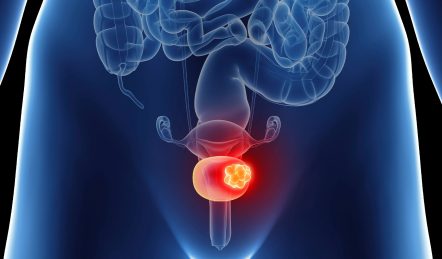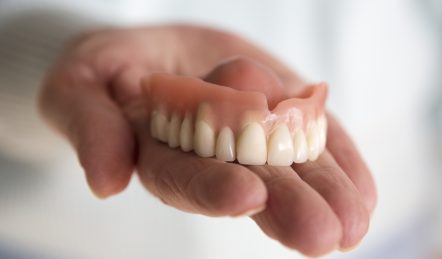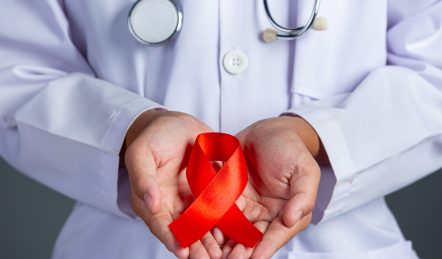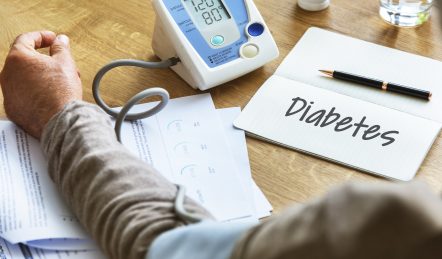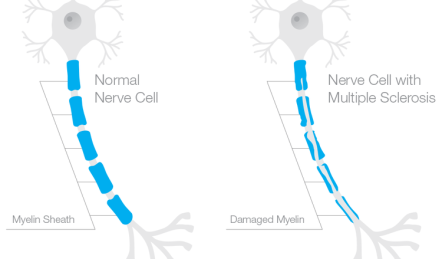Recognizing and Addressing Signs of Depression: A Guide to Seeking Help.

Depression is a mental health condition that affects millions of people worldwide. It is a serious illness that can have a significant impact on a person’s life, causing feelings of sadness, hopelessness, and despair. While everyone feels sad or down from time to time, depression is a more persistent and severe condition that can interfere with a person’s ability to function in daily life.
If you or someone you know is experiencing signs of depression, it is important to seek help from a healthcare professional. In this article, we will discuss the signs of depression and the importance of seeking treatment.

Signs of Depression
Depression can manifest in different ways, and the signs and symptoms may vary from person to person. However, there are several common signs of depression to look out for:
- Persistent Sadness or Hopelessness: One of the most common signs of depression is a persistent feeling of sadness or hopelessness that does not go away.
- Loss of Interest or Pleasure: Depression can cause a person to lose interest in activities they once enjoyed, such as hobbies or spending time with friends and family.
- Changes in Appetite: Depression can cause a person to experience changes in their appetite, such as a decrease or increase in appetite, which can lead to significant weight loss or gain.
- Sleep Problems: Depression can cause a person to have difficulty falling asleep or staying asleep, leading to insomnia or excessive sleeping.
- Fatigue or Lack of Energy: Depression can cause a person to feel tired and drained of energy, even after getting enough sleep.
- Feelings of Worthlessness or Guilt: Depression can cause a person to feel worthless or guilty, even if there is no reason for them to feel that way.
- Difficulty Concentrating: Depression can make it difficult for a person to concentrate, remember things, or make decisions.
- Physical Symptoms: Depression can cause physical symptoms such as headaches, stomachaches, or other aches and pains.
- Thoughts of Death or Suicide: Depression can cause a person to have thoughts of death or suicide, which can be very concerning and require immediate attention.
Importance of Seeking Treatment
Depression is a serious condition that can have a significant impact on a person’s life. If left untreated, it can lead to further complications such as substance abuse, relationship problems, and even suicide. Seeking treatment for depression is important for several reasons:
- Improve Quality of Life: Treatment for depression can improve a person’s quality of life by reducing the symptoms of depression and helping them to function better in their daily lives.
- Reduce Risk of Complications: Seeking treatment for depression can reduce the risk of complications such as substance abuse, relationship problems, and suicide.
- Increase Productivity: Treatment for depression can help a person to become more productive in their work or personal life by reducing the symptoms that interfere with their ability to function.
- Improve Relationships: Depression can strain relationships with family and friends. Seeking treatment can help a person to improve their relationships by reducing the symptoms that may be causing conflicts.
Treatment Options
There are several effective treatments available for depression, including:
- Psychotherapy: Also known as talk therapy, psychotherapy involves talking to a mental health professional about your thoughts and feelings. It can help you to identify the underlying causes of your depression and develop coping strategies to manage your symptoms.
- Medications: Antidepressant medications can help to reduce the symptoms of depression by balancing the chemicals in your brain. However, it is important to work with a healthcare professional to find the right medication and dosage for your needs.
- Lifestyle Changes: Making changes to your lifestyle, such as exercising regularly, eating a healthy diet, and getting enough sleep, can help to reduce the symptoms of depression.
- Support Groups: Joining a
- support group can provide a sense of community and help to reduce feelings of isolation and loneliness that are common in depression.
- Brain Stimulation Therapies: For some people with severe depression, brain stimulation therapies such as electroconvulsive therapy (ECT) or transcranial magnetic stimulation (TMS) may be recommended.
- It is important to work with a healthcare professional to determine the best treatment plan for your individual needs. Recovery from depression is possible with the right treatment, support, and self-care.
Conclusion
Depression is a serious condition that affects millions of people worldwide. It is important to recognize the signs and symptoms of depression and seek help from a healthcare professional if needed. Treatment options such as psychotherapy, medication, lifestyle changes, and support groups can be effective in reducing the symptoms of depression and improving quality of life. If you or someone you know is experiencing signs of depression, do not hesitate to reach out for help.



